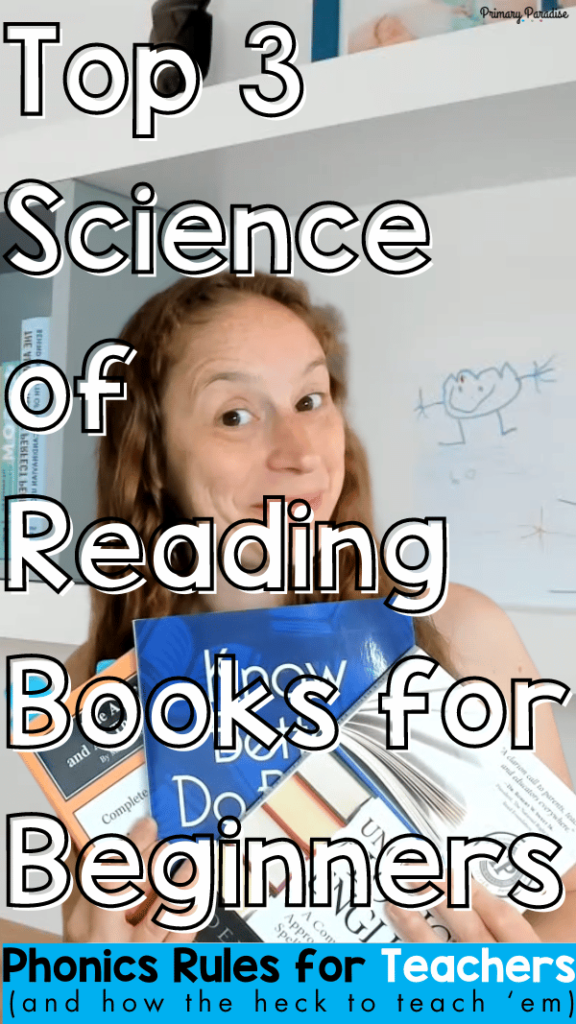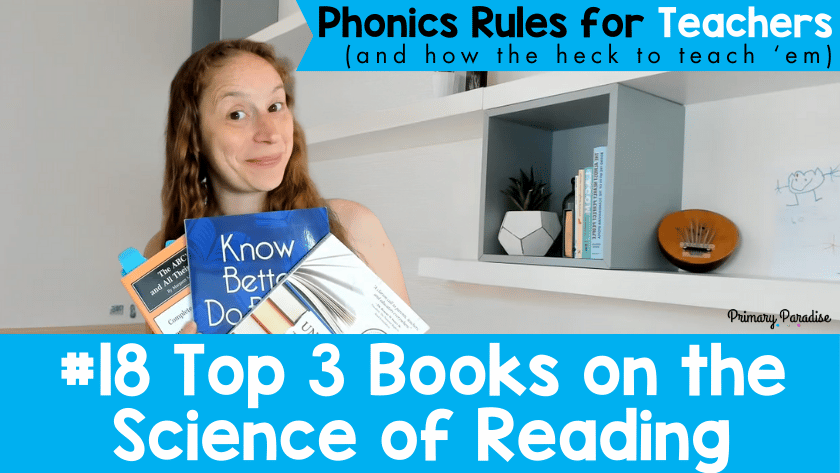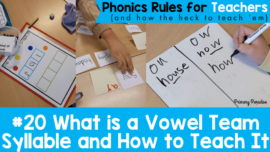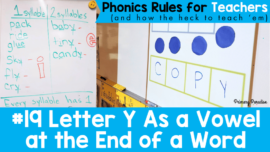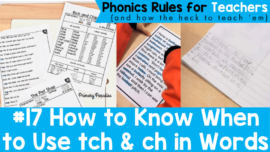Getting started with the science of reading can feel overwhelming. It can be hard to know where to start with structured literacy or understanding phonics. While there is a lot of information out there, it can be a daunting task to choose the first phonics books for understanding systemic literacy instruction. Here are my top 3 science of reading books for getting started with a phonics based approach.
This is post 18 in my series Phonics Rules for Teachers (and How the Heck to Teach ‘Em). If you’d like to see previous posts, you can click here.
Would you rather listen or watch? Find a podcast version of this blog post, or watch the video below.
This post contains affiliate links. When you click on a link and make a purchase, I earn a small commission at no extra cost to you.
Uncovering the Logic of English
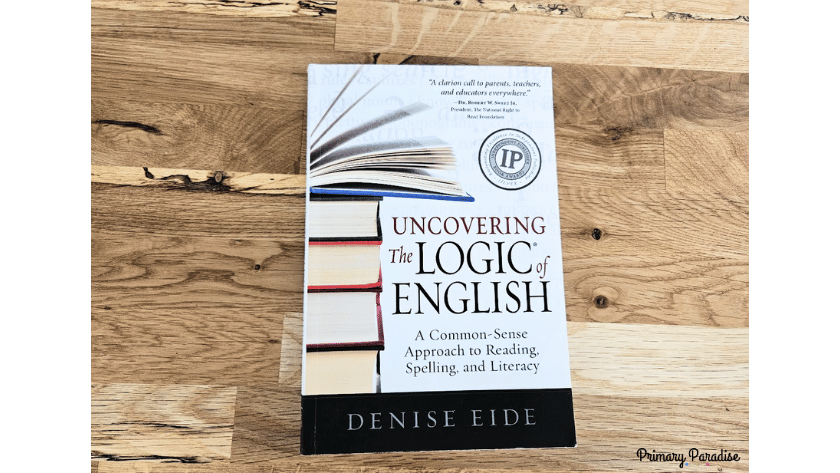
When someone asks me “What book should I read about the science of reading?” I always start by recommending Denise Eide’s book- Uncovering the Logic of English: A Common-Sense Approach to Reading, Spelling, and Literacy. This book is an excellent reference that I still reach to often. It is also a book your can read cover to cover. The first time I read it, I underlined, highlighted, and made so many notes.
This book begins with why English can feel so tricky and then defines and explains some key concepts such as phonemes, graphemes, letters, sounds, vowels, and consonants. She then walks through the general and more specific phonics rules and guidelines in a logical order. The best part is that she explains why things work the way they do, and she gives specific examples. This book gives a very broad overview of “this is how and why English actually IS logical”. It will leave you feeling much more confident in your understanding.
Know Better, Do Better: Teaching the Foundations So Every Child Can Read

Once you realize “okay, English IS 98% logical and decodable”, you might start to wonder “what impact can structured phonics have?” That is when I would hand you Know Better, Do Better: Teaching the Foundations So Every Child Can Read by Meredith and David Liben. This books serves as both a case study of how can and should we apply structured literacy practices and it gives practical advice for some specific practices to implement.
I especially love this book because it’s written by educators who “did it the wrong way”, saw poor results, did a whole lot of research, and then implemented what they learned. The results were spectacular. This book is both a combination of their journey and story and practical ideas to implement a structured literacy approach. You will walk away feeling inspired and encouraged with what is possible.
The ABCs and All Their Tricks: The Complete Reference Book of Phonics and Spelling
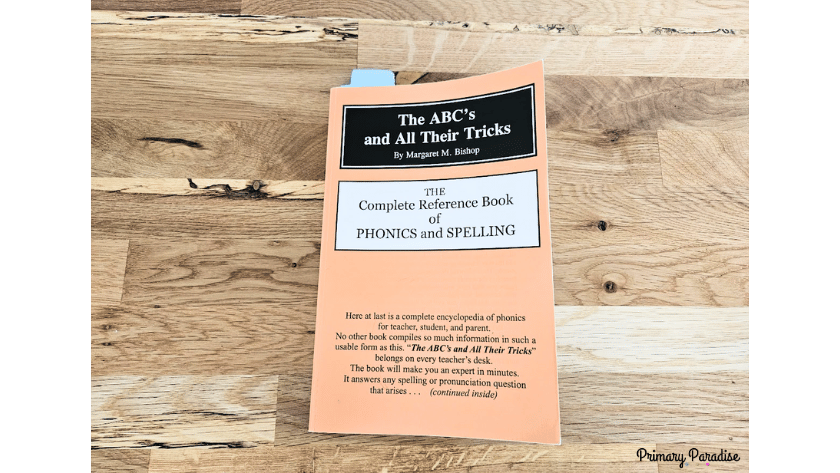
The ABCs and All Their Tricks by Margaret M. Bishop is an encyclopedia of everything you’d ever want to know about every spelling pattern. It is not a book I’d read cover to cover, but it is a book that I reach for almost daily. It’s the perfect book to help you understand how certain spelling patterns work, exceptions to guidelines or rules, and how common or uncommon a spelling pattern is. It has a wealth of knowledge, and I learn something new every time I reach for it.
Those are my favorite phonics books based on the science of reading. I hope they are as helpful to you as they have been in my classroom.
